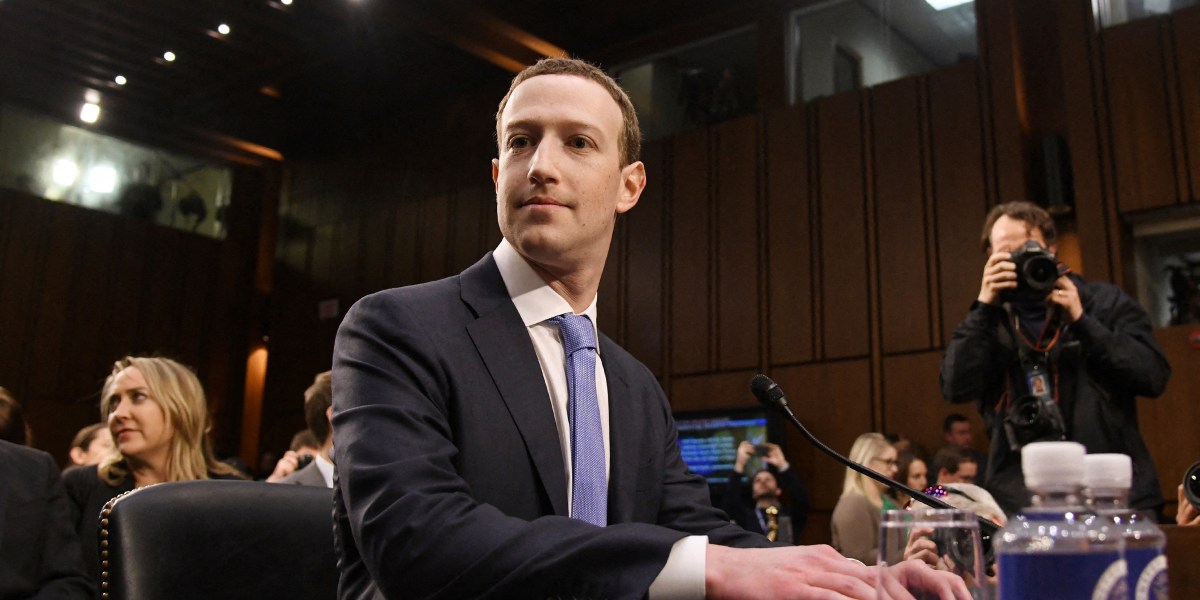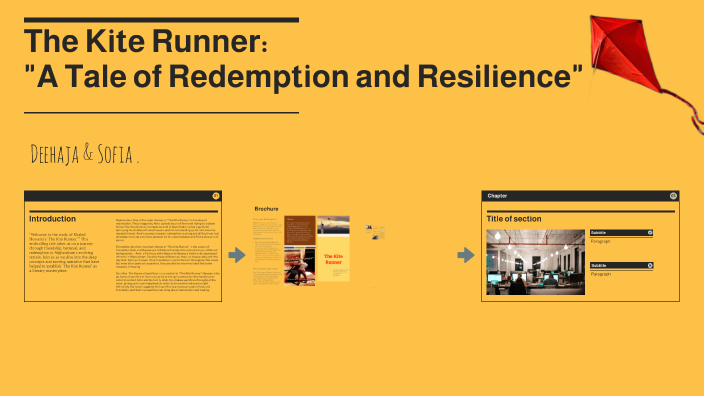Meta Faces FTC's Shifting Focus In Monopoly Trial

Table of Contents
The FTC's Initial Claims and Their Evolution
The initial thrust of the FTC's antitrust lawsuit against Meta centered on its acquisitions of Instagram and WhatsApp. The commission argued these acquisitions were anti-competitive moves designed to eliminate potential rivals and solidify Meta's dominant market share in the social media landscape. This strategy relied heavily on proving that these acquisitions stifled innovation and prevented the emergence of competing platforms.
- Initial Focus: The FTC's initial claim focused on demonstrating how the acquisitions of Instagram and WhatsApp, two already significant players in their respective niches (photo sharing and messaging), preempted the possibility of these companies becoming major competitors to Facebook.
- Shifting Strategy: Recent developments suggest a potential shift in the FTC's approach. While the acquisitions remain a central part of the case, the FTC seems to be broadening its scope to encompass a wider examination of Meta's overall market power and its potential impact on competition within the broader digital market. This could involve a more extensive analysis of Meta's algorithms, data practices, and its overall influence on the digital advertising ecosystem.
- Legal and Economic Challenges: The FTC faces significant legal hurdles in proving anti-competitive behavior. Demonstrating that Meta's actions directly harmed consumers or suppressed innovation requires robust economic analysis and evidence. The economic models presented by both sides will play a critical role in determining the outcome.
Meta's Defense Strategy and Counterarguments
Meta's defense strategy rests on several key pillars, aiming to counter the FTC's allegations of monopolistic practices. A significant part of their argument involves demonstrating that the acquisitions ultimately benefited consumers.
- Innovation and Integration: Meta argues that the acquisitions of Instagram and WhatsApp fostered innovation and created a more integrated ecosystem, allowing for better user experiences and cross-platform functionalities. They highlight the significant improvements and features that resulted from the integration of these platforms.
- Network Effects: A core component of Meta's defense is the concept of network effects. The value of their platforms increases exponentially with the number of users. Meta argues that this natural advantage, rather than anti-competitive behavior, accounts for their market dominance.
- Counterarguments to Anti-competitive Claims: Meta vigorously contests the FTC's assertion that the acquisitions eliminated potential competitors. They argue that the market is dynamic and that numerous other social media platforms and messaging apps continue to thrive and compete effectively.
- Legal Strategy and Effectiveness: Meta's legal strategy is multifaceted, involving a detailed presentation of economic evidence, expert testimony, and legal arguments challenging the FTC's interpretation of antitrust law. The effectiveness of this strategy will ultimately be determined by the court.
Implications for the Future of Social Media and Tech Regulation
The outcome of the Meta FTC Monopoly Trial will have profound implications for the future of social media and the broader tech regulatory landscape.
- Antitrust Enforcement: The case's resolution will serve as a significant precedent for future antitrust enforcement against other tech giants. It will set a standard for evaluating mergers and acquisitions, particularly in rapidly evolving digital markets.
- Global Regulatory Landscape: The trial's outcome will influence the development and implementation of tech regulations globally. The Digital Markets Act (DMA) in the EU, aimed at curbing the power of large online platforms, is one example of a growing trend toward stricter regulation. Similar legislation is emerging worldwide.
- Long-Term Consequences for Competition and Innovation: Depending on the ruling, the social media landscape could see significant changes. Structural remedies, such as forced divestiture of Instagram or WhatsApp, could reshape the market. Behavioral remedies, such as restrictions on Meta's data practices or interoperability requirements, could also be imposed. The long-term effects on competition and innovation remain uncertain.
The Shifting Sands of the Digital Landscape
The competitive dynamics of the social media market are constantly shifting. The rise of TikTok, and other emerging platforms, introduces a new layer of complexity to the Meta FTC Monopoly Trial.
- New Competitors and Market Dynamics: The emergence of successful new platforms challenges the notion of Meta's unassailable market dominance. The FTC’s strategy may need to adapt to consider the evolving competitive landscape.
- User Behavior and Preferences: Changing user behaviors and preferences also play a crucial role. The shift in user engagement from Facebook to platforms like TikTok highlights the dynamic nature of the social media market.
Conclusion
The Meta FTC Monopoly Trial represents a landmark case with far-reaching consequences. The FTC's shifting focus underscores the challenges of regulating powerful tech companies in a dynamic digital environment. The outcome will have significant implications for the future of social media competition and tech regulation worldwide. This is not just about Meta; it's about shaping the future of the digital economy.
Call to Action: Stay informed about the ongoing Meta FTC Monopoly Trial and its impact on the future of social media by following this blog for updates and analysis on the key developments in this landmark case. Continue reading for further insights into the implications of the Meta FTC Monopoly Trial.

Featured Posts
-
 Wintry Mix Advisory Rain And Snow Weather Conditions
May 20, 2025
Wintry Mix Advisory Rain And Snow Weather Conditions
May 20, 2025 -
 The Problem With Matt Lucas And David Walliams Cliff Richard Project
May 20, 2025
The Problem With Matt Lucas And David Walliams Cliff Richard Project
May 20, 2025 -
 Analyzing The Kite Runners Dilemma Within The Nigerian Context
May 20, 2025
Analyzing The Kite Runners Dilemma Within The Nigerian Context
May 20, 2025 -
 Kaellman Ja Hoskonen Loppu Puola Seurassa
May 20, 2025
Kaellman Ja Hoskonen Loppu Puola Seurassa
May 20, 2025 -
 Nyt Mini Crossword Answers For Today March 13 2025
May 20, 2025
Nyt Mini Crossword Answers For Today March 13 2025
May 20, 2025
